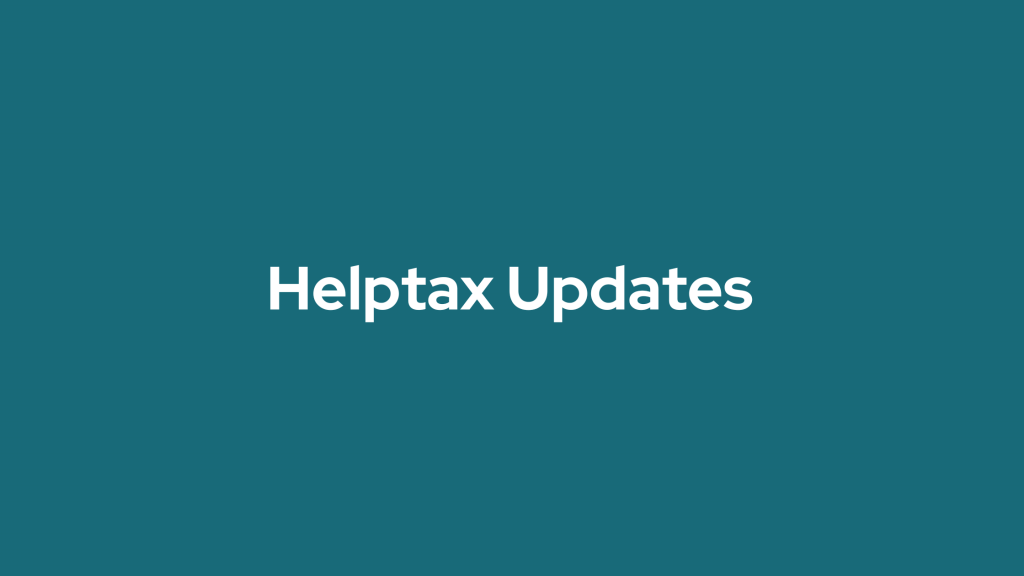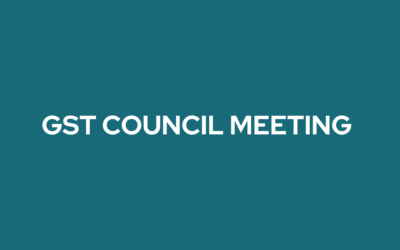GST on cigarettes, tobacco, aerated drinks may jump to 35%, says sources
GST on cigarettes, tobacco: The Group of Ministers (GoM) set up by the GST Council has proposed a new “special rate” of 35% for tobacco and aerated beverages, according to sources. Currently, all types of tobacco products attract a GST rate of 28%, except for tobacco leaves, which are taxed at 5% under the reverse charge mechanism. This means the recipient, rather than the supplier, is responsible for remitting the GST to the government.
Additionally, a compensation cess is levied on tobacco products over and above the 28% GST, making them among the most heavily taxed items under the GST regime.
Tobacco products are among the items subject to the highest GST cess rates, ranging from 11% to 290%. Therefore, it is crucial for all suppliers of tobacco and related products to stay informed about the applicable GST cess rules and regulations.
Carbonated or aerated beverages are also presently taxed at the highest GST slab of 28%, coupled with an additional 12% compensation cess, irrespective of their sugar or fruit content.
The GoM on rate Rationalisation is likely to have made these suggestions, which will be discussed at the GST Council meeting in Jaisalmer on December 21.
The GoM on rate rationalisation is chaired by Bihar Deputy Chief Minister Samrat Choudhary. The six-member GoM also includes Uttar Pradesh Finance Minister Suresh Kumar Khanna, Rajasthan Health Services Minister Gajendra Singh, Karnataka Revenue Minister Krishna Byre Gowda, West Bengal Finance Minister Chandrima Bhattacharya and Kerala Finance Minister K N Balagopal.
Apart from proposing changes to the GST rate on tobacco and aerated beverages, the GoM is also deliberating revisions to tax slabs on a range of other goods, including ready-made garments, footwear, cosmetics, and luxury items like handbags and watches, sourced said.
They added that the panel aims to align tax rates more closely with product value, ensuring that high-value luxury goods attract higher GST rates while daily-use and essential items like bottled water, bicycles, and exercise books see reduced levies.
Sources informed that the GoM is also considering reforms in the GST structure for health and life insurance premiums. Currently taxed at 18%, there is growing momentum within the Council to lower rates on these essential services, potentially making insurance products more affordable for citizens.
Speaking on the development, Krishan Arora, Partner, Grant Thornton Bharat said, “The GoM have proposed a special rate on select goods like aerated drinks and tobacco products, along with a restructuring of rates for 148 other goods. Said special rate would be in addition to the current four-tier tax rate structure. This proposal appears to be aimed at compensating for potential revenue shortfalls resulting from reduced rates on common-use items and exemptions, such as those related to health and life insurance premiums. By rationalising rates, the GoM’s strategy appears to seek a revenue-neutral position, balancing the anticipated revenue decline from reductions in health and life insurance with the revenue increases from adjustments on other products. A discussion on this matter is expected in the upcoming GST Council meeting, post which further clarification would be available in this regard.”

